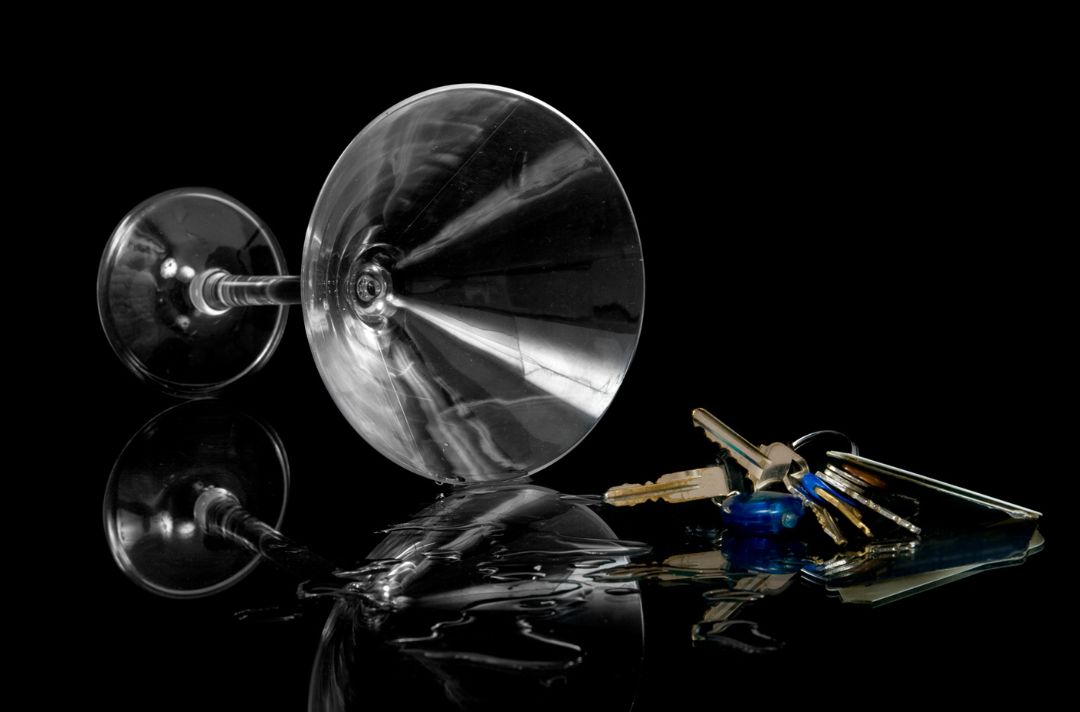
The terms DUI and DWI are often used interchangeably, but they can have distinct meanings depending on where you are in the United States. Both refer to serious driving offenses involving impairment, yet the difference lies in how states define and categorize them. Understanding DUI (Driving Under the Influence) versus DWI (Driving While Intoxicated or Driving While Impaired) can help you grasp the charges you might face and their potential consequences. Here’s a clear breakdown.
What Is a DUI?
DUI stands for Driving Under the Influence. It typically refers to operating a vehicle while impaired by alcohol or drugs (including prescription or illegal substances). In most states, a DUI charge is triggered when a driver’s Blood Alcohol Concentration (BAC) exceeds the legal limit—usually 0.08% for drivers 21 and older. However, DUI can also apply if an officer determines impairment regardless of BAC, based on field sobriety tests or observed behavior (e.g., slurred speech, erratic driving).
- Key Features of DUI:
- Focuses on being “under the influence” of alcohol or drugs.
- Often tied to a measurable BAC but can include subjective impairment.
- Common penalties include fines, license suspension, and jail time.
What Is a DWI?
DWI can stand for Driving While Intoxicated or Driving While Impaired, depending on the state. It’s generally used to describe driving with a higher level of intoxication or impairment than a DUI, though this varies by jurisdiction. Some states use DWI to indicate a BAC well above the legal limit (e.g., 0.15%) or to specify impairment by alcohol alone, while others apply it broadly to any impaired driving.
- Key Features of DWI:
- Often implies a more severe level of intoxication or impairment.
- May focus specifically on alcohol in some states, excluding drugs.
- Penalties can be harsher, especially if it’s treated as an escalated offense.
How Do They Differ?
The difference between DUI and DWI depends entirely on the state’s legal definitions:
- Separate Charges in Some States:
- In states like Texas and New York, DUI and DWI are distinct offenses. For example:
- Texas: DUI applies to minors (under 21) with any detectable alcohol, while DWI is for adults with a BAC of 0.08% or higher.
- New York: DWI is driving with a BAC of 0.08%+, while DUI is a broader term for impairment by drugs or alcohol below that threshold.
- Here, DWI is typically the more serious charge with stiffer penalties.
- In states like Texas and New York, DUI and DWI are distinct offenses. For example:
- Interchangeable Terms in Others:
- In states like California and Florida, DUI is the only term used—there’s no DWI distinction. It covers all impaired driving, whether by alcohol, drugs, or both.
- Similarly, some states (e.g., Virginia) use DWI exclusively, with no DUI category.
- Severity and Penalties:
- Where both terms exist, DWI often signals a higher BAC or greater impairment, leading to tougher consequences like longer jail time or higher fines. For instance, a DUI might be a misdemeanor, while a DWI could escalate to a felony if prior offenses or injuries are involved.
Why the Confusion?
The lack of a national standard creates the confusion. The federal government sets a 0.08% BAC limit for funding purposes, but states define their own terms and thresholds. Some even throw in additional acronyms like OWI (Operating While Intoxicated) or OVI (Operating a Vehicle Impaired), further muddying the waters.
Which Is Worse?
It depends on the state. Where DUI and DWI coexist, DWI is often considered worse due to higher intoxication levels or repeat offenses. In states with only one term, severity hinges on factors like BAC, prior convictions, or harm caused—not the label itself.
Facing a DUI or DWI Charge?
Whether it’s called a DUI, DWI, or something else, any impaired driving charge can upend your life with fines, jail time, and a criminal record. You need an elite defense to fight back. Nabeel Kibria of Ervin Kibria Law has the expertise to tackle these cases head-on in Washington, DC.
Charged with a DUI or DWI? Don’t face it alone. Contact Nabeel Kibria, your elite DC DUI lawyer, at Ervin Kibria Law today. Call (202) 689-4439 to schedule your consultation now!
